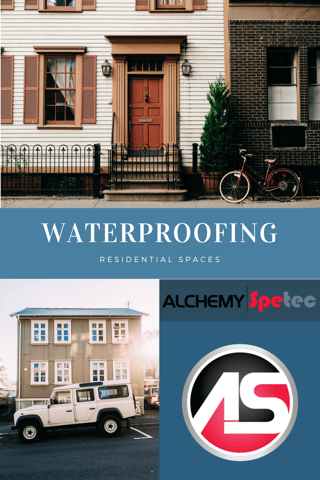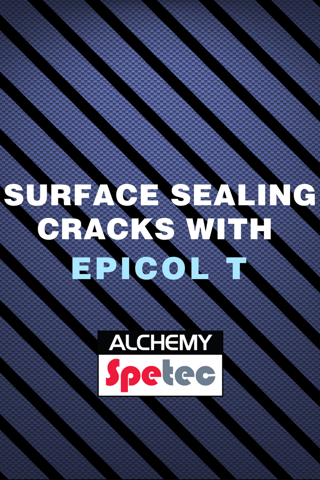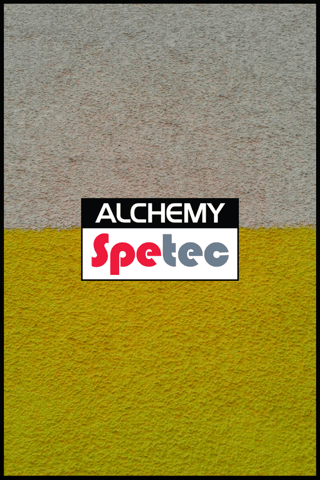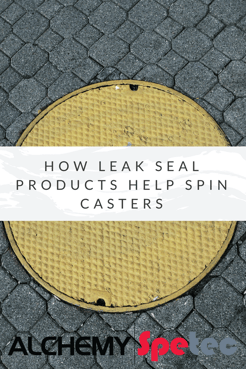.png?width=899&height=273&name=h40-banner%20(1).png)
.png?width=320&name=h40-blog%20(2).png) Unstable soil can be defined as soil that will not stay in place on its own, and therefore requires extra support. It should be noted that unstable soil can threaten the stability, security, and safety of infrastructure and can damage, degrade, and even destroy a number of structures, such as buildings, bridges, and roads. There are a variety of factors that can cause unstable soil including erosion, poor compaction, freeze/thaw cycles and decomposition.
Unstable soil can be defined as soil that will not stay in place on its own, and therefore requires extra support. It should be noted that unstable soil can threaten the stability, security, and safety of infrastructure and can damage, degrade, and even destroy a number of structures, such as buildings, bridges, and roads. There are a variety of factors that can cause unstable soil including erosion, poor compaction, freeze/thaw cycles and decomposition.
Alchemy-Spetec's H40 is a solvent and phthalate free, water reactive, hydrophobic, one-component low viscosity polyurethane injection resin designed for soil stabilization. You can use this product to stabilize soil underneath bridge approach slabs, warehouse floors, side walks and many other concrete structures.
You can also use H40 for curtain wall grouting, the process of injecting water reactive resin behind a leaking wall in a grid pattern. The water on the other side mixes with the grout and cures to a solid mass covering the surface of the wall on the other side.
Want more information on soil stabilization products?








 It's time for another product profile. But THIS is unlike any of the others I've discussed in the past. How, you ask? It's a designed to be mixed with up to EIGHT parts water, so you can create large quantities of this gel from the pails or cartridges you buy from us.
It's time for another product profile. But THIS is unlike any of the others I've discussed in the past. How, you ask? It's a designed to be mixed with up to EIGHT parts water, so you can create large quantities of this gel from the pails or cartridges you buy from us.






.png?width=222&name=leak-blog%20(2).png) Over the years, I have been asked countless times for the best way to seal pipe penetrations and other irregular annular spaces, including how to seal pipe penetrations effectively. Pipe penetration scenarios often have to do with water supply lines, electrical conduits and gas lines just to name a few. The main concern is creating a durable watertight seal between the outside of the pipe and the structure the pipe is penetrating through.
Over the years, I have been asked countless times for the best way to seal pipe penetrations and other irregular annular spaces, including how to seal pipe penetrations effectively. Pipe penetration scenarios often have to do with water supply lines, electrical conduits and gas lines just to name a few. The main concern is creating a durable watertight seal between the outside of the pipe and the structure the pipe is penetrating through.


 Higher Budgets/Larger Areas Needing Repair
Higher Budgets/Larger Areas Needing Repair

.png?width=320&name=leak%20seal%20(2).png)
